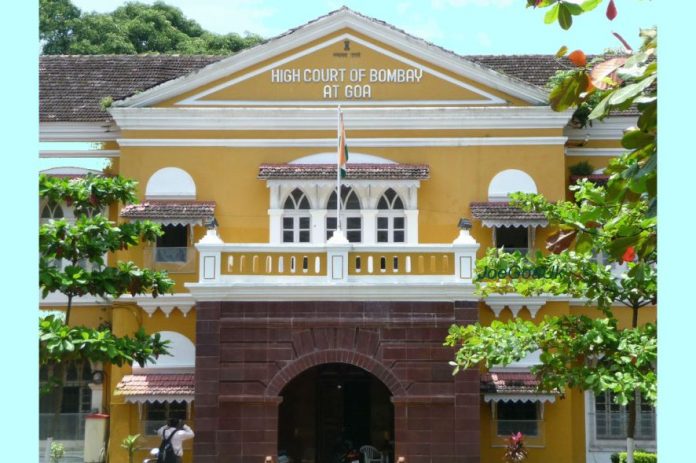The High Court of Bombay has ruled that all individuals have the right to propagate their religion and profess it in any manner that they please, though within the bounds of law, especially when they were doing so on their own property.
The Goa Bench of Justice Mahesh Sonak and Justice Valmiki Menezes made these observations while quashing an order passed by the District Magistrate under Section 144 of the CrPC against a Christian couple accused of religious conversion.
The High Court ruled that prohibiting individuals from carrying out religious activities on their property by way of an order under Section 144 of CrPC amounted to direct violation of their fundamental rights provided in Articles 19 (1), 25 and 26 of the Constitution.
It said the District Magistrate, by prohibiting the petitioner and Domnic from carrying out any religious activities in their property in Siolim under Section 144 of CrPC, denied them the freedom of speech and expression, along with the freedom of conscience and the right to freely profess, practice and propagate their religion or form religious institutions
One Joan Mascarenhas E D’Souza had filed a petition before the High Court under Article 226 of the Constitution, seeking to quash the December 28, 2022 order passed by the District Magistrate (North), banning her from carrying out religious activities in her institutional building situated on their property in Siolim Goa.
The Magistrate justified the order by saying that it was to curb religious conversion by means of allurement or fraud affecting the freedom of religion and conscience of citizens.
The petitioner contended that she and her husband were carrying out religious activities for the last 23 years, and were engaged in preaching scriptural teachings from the Holy Bible.
She said they were followers of Jesus Christ and in the exercise of their fundamental rights guaranteed under Articles 25 and 26 of the Constitution, had formed a group to preach and propagate their religion and belief.
The High Court, while agreeing to the petitioner’s argument, observed that it found no complaint against D’Souza which would amount to using force, coercion or deception to convert any members of the public to a particular religion.
It said the Magistrate’s order, other than making reference to a certain material, did not cite a single incident or particulars of forced conversion being indulged in by the petitioner.
The Bench further pointed out that there were other penal laws that could deal with such complaints against the petitioner, and that by itself could not be a cause for the District Magistrate to exercise jurisdiction under Section 144 of the Code.
It observed that the allegation that petitioner and her husband were carrying out religious activities which have raised communal tension in the village or were involved in religious conversion by means of allurement or fraud, seem to be totally baseless, not founded upon any material on record and can therefore, cannot form the basis for any subjective opinion that the acts of the petitioner would cause a disturbance of public tranquility or be a matter of public order.
Advocate Ankur Kumar and Additional Government PLeader Advocate Pravin Faldessai represented the petitioner.
(Case title: Joan Mascarenhas E D’Souza vs State of Goa)


